The aerospace industry has undergone a dramatic transformation over the past decade. Governments no longer play a leading role in space exploration; instead, private companies and billionaire entrepreneurs are making breakthroughs that would have been considered impossible just a decade ago. The industry is growing at an explosive rate, creating a space race.
Today, space missions have become commonplace. By 2022, SpaceX will be launching an average of one object into space every week. From building the next generation of reusable rockets to scaling low-Earth communication satellites and reaching the outer reaches of the solar system with the ultimate goal of sending humans to Mars, there is no limit to innovation! However, to achieve these goals, validating the technology as expected has become a crucial factor.
However, the biggest challenge facing technology is the harsh environment of space. From surviving the shock of a launch, to large temperature fluctuations, to the effects of radiation in orbit, to the challenges of communications and avoiding space debris, these hurdles cannot be underestimated. Therefore, hardware and software must be robust enough to withstand these stresses and continue to function as expected.
Space and software
Space equipment and technology have become increasingly complex and software-dependent. For example, satellites of the 1970s had little or no software, while recently deployed mega-satellites rely heavily on software services for connectivity.
These technologies need to be rigorously tested in every possible scenario to ensure they operate reliably. However, manually testing such a large volume of software is not feasible due to reasons such as complexity, cost, and time.
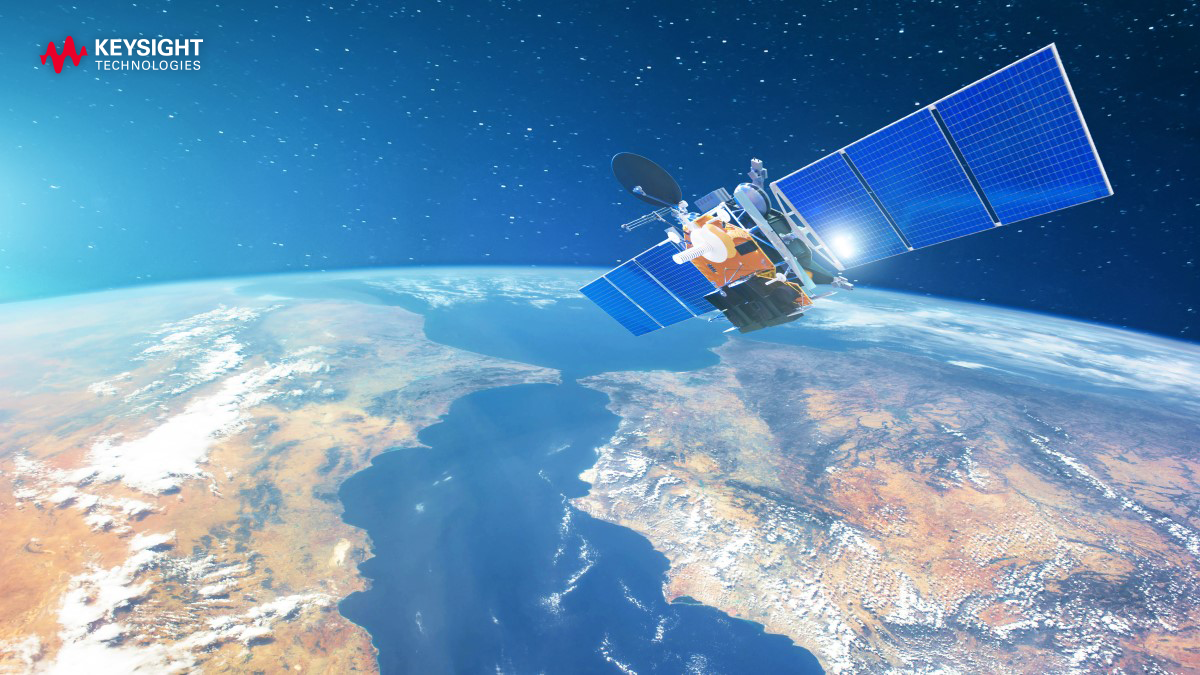
Applying AI technology to software deployment automation is the only way to ensure technology is ready for space operations. Intelligent test automation can provide insights into launch and on-orbit readiness. Rapid and thorough testing of all potential scenarios is essential, with the information gathered helping to identify potential issues that are most likely to occur and correct them before launch. This approach ensures that software and technology deliver the desired results.
User experience testing
In any environment, especially the harsh environment of aerospace, simply testing software for compliance is not enough. Use automated testing to test from the user's perspective - including the entire experience, functionality, performance, and usability - to accurately reflect user activities.
Another benefit of AI in testing is that it can accelerate the development of key technologies in the space race, where being first to market can bring significant financial benefits. Additionally, testing can be scaled more easily as technology advances and becomes more complex. This ability is critical in the rapidly growing and constantly innovating space industry. As a result, businesses and agencies are increasingly using automated testing to ensure that software performs as expected.
For example, NASA has integrated Keysight Technologies’ Eggplant intelligent automation platform to test the Orion spacecraft’s software to ensure it performs as expected and meets requirements under challenging scenarios. To monitor the mission’s status and provide guidance to the crew, the spacecraft’s cockpit is equipped with software-driven digital displays, rather than the traditional paper manuals.

Orion test engineers are deploying automation to dynamically evaluate the software’s user experience, ensuring it operates reliably and as expected. Testing will continue while Orion is in orbit to monitor the spacecraft’s health and ability to control it in emergency situations when it loses contact with mission control on Earth.
The space race and aerospace innovation show no signs of slowing down, and as a result, the need and requirement for rigorous testing to ensure the operation and safety of critical systems will continue to grow.
Gareth Smith (Keysight Technologies)
Source



![[Photo] Flower cars and flower boats compete to show off their colors, celebrating the 50th anniversary of Da Nang Liberation Day](https://vstatic.vietnam.vn/vietnam/resource/IMAGE/2025/3/28/086d6ece3f244f019ca50bf7cd02753b)
![[Photo] President Luong Cuong hosts state reception for Brazilian President Luiz Inacio Lula da Silva](https://vstatic.vietnam.vn/vietnam/resource/IMAGE/2025/3/28/56938fe1b6024f44ae5e4eb35a9ebbdb)
![[Photo] Prime Minister Pham Minh Chinh meets with Brazilian President Luiz Inacio Lula da Silva](https://vstatic.vietnam.vn/vietnam/resource/IMAGE/2025/3/28/41f753a7a79044e3aafdae226fbf213b)

![[Photo] Helicopters and fighter jets practice in the sky of Ho Chi Minh City](https://vstatic.vietnam.vn/vietnam/resource/IMAGE/2025/3/28/3a610b9f4d464757995cac72c28aa9c6)



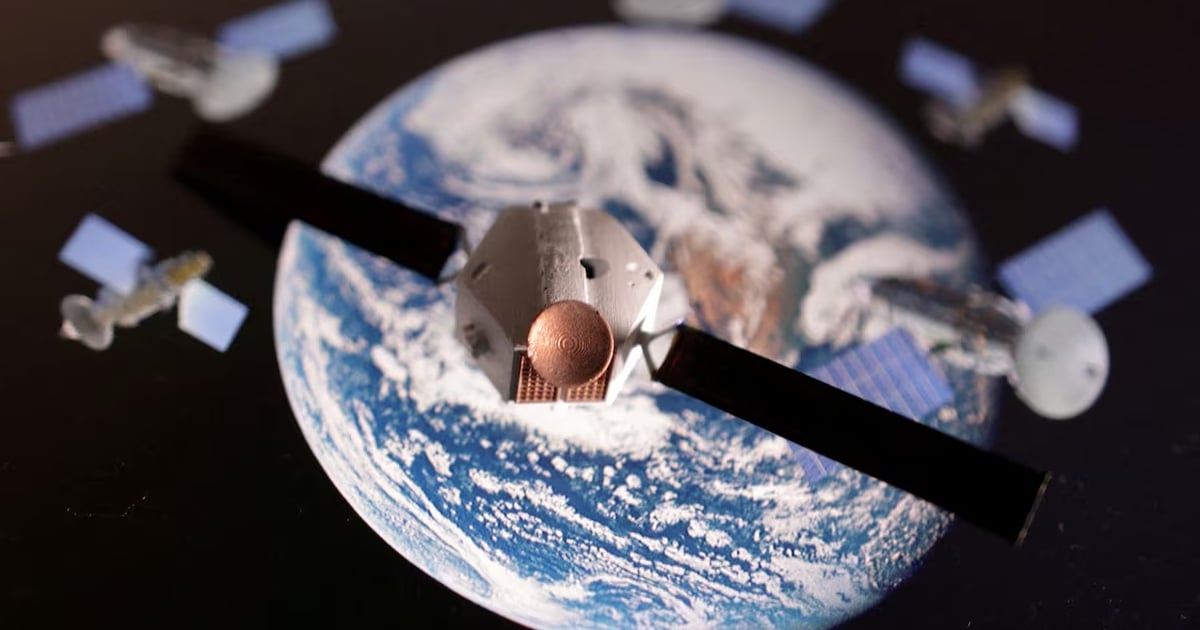






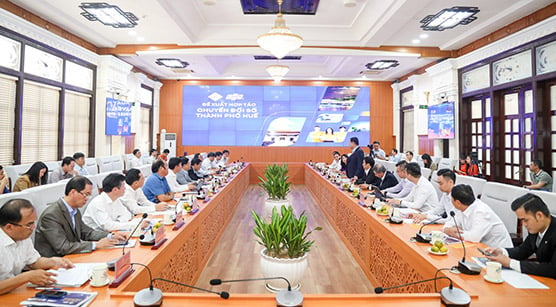

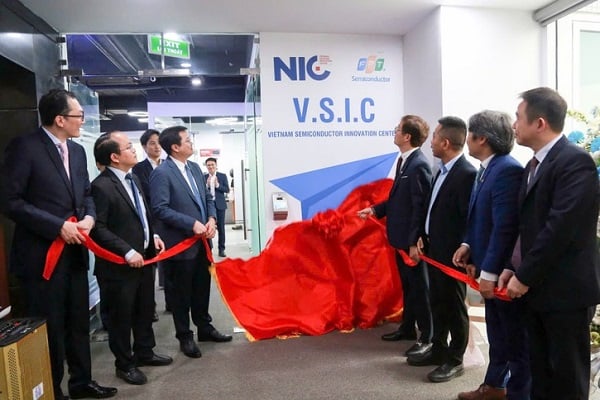
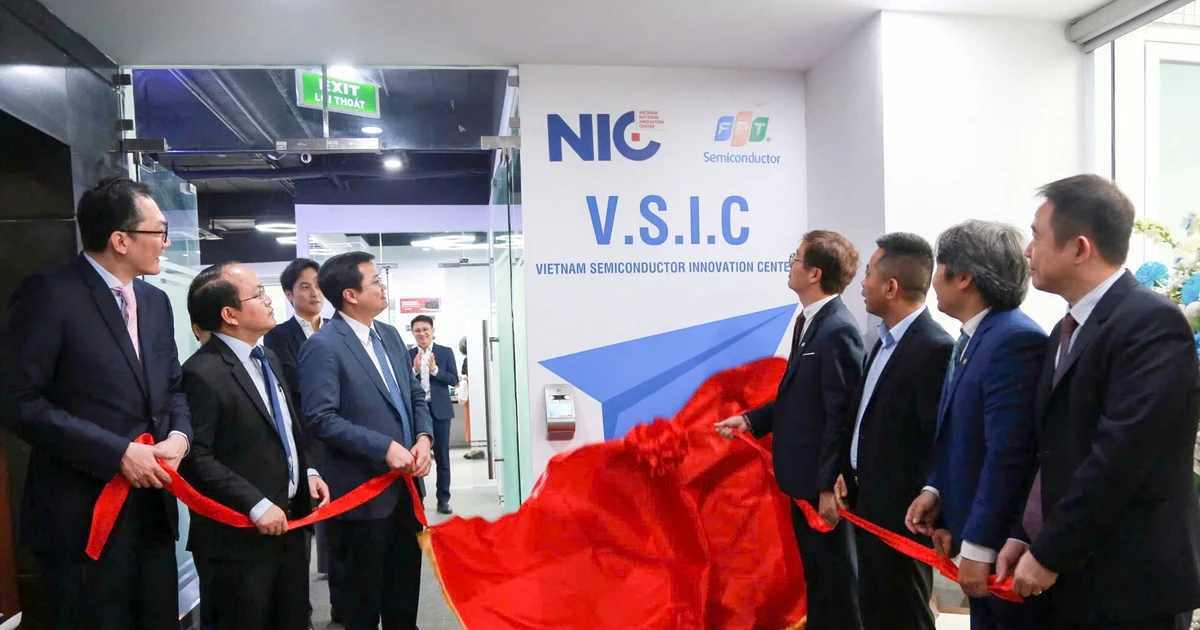

















































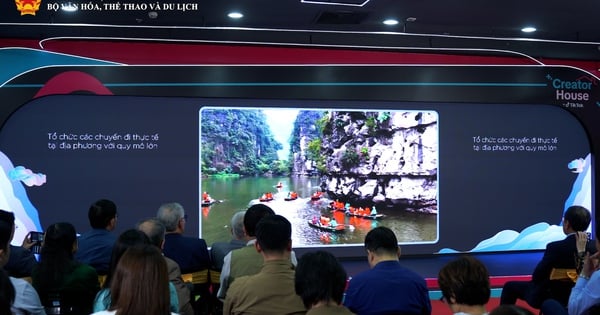

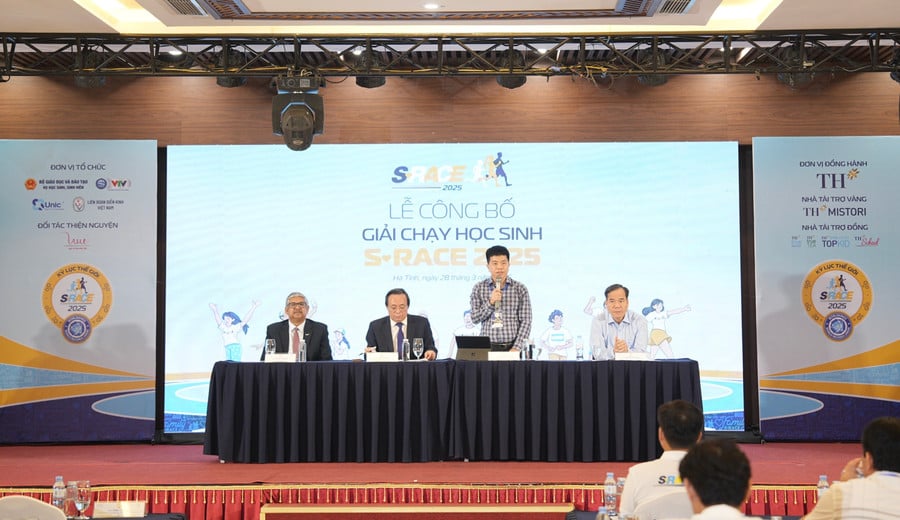
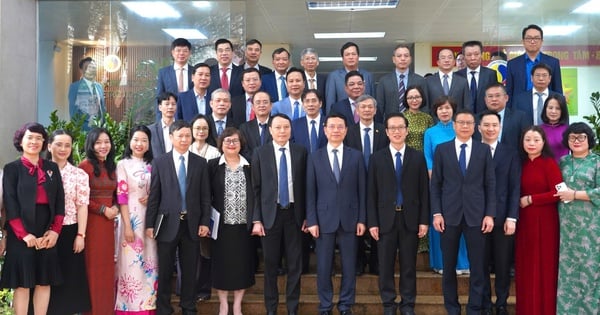





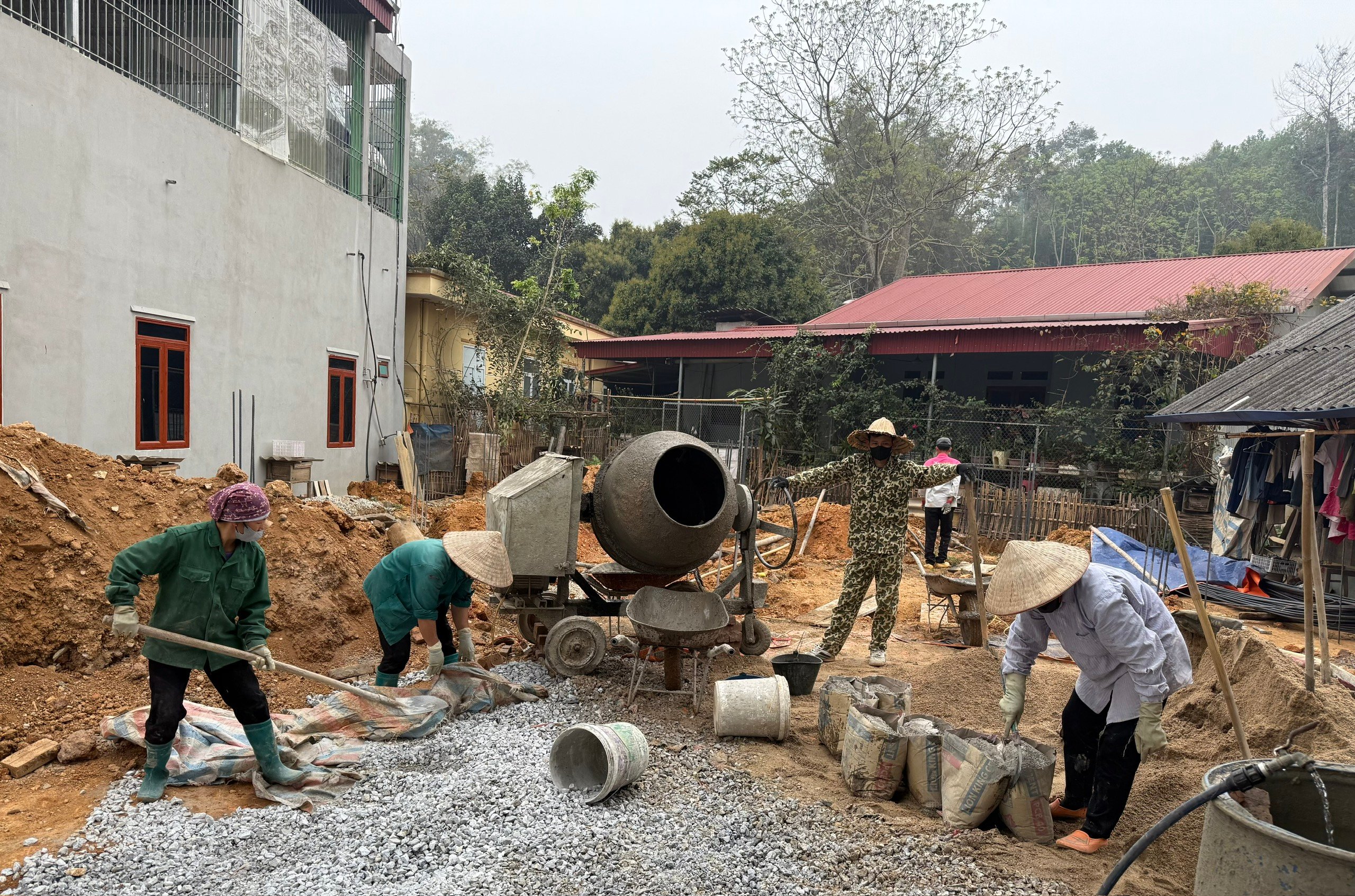



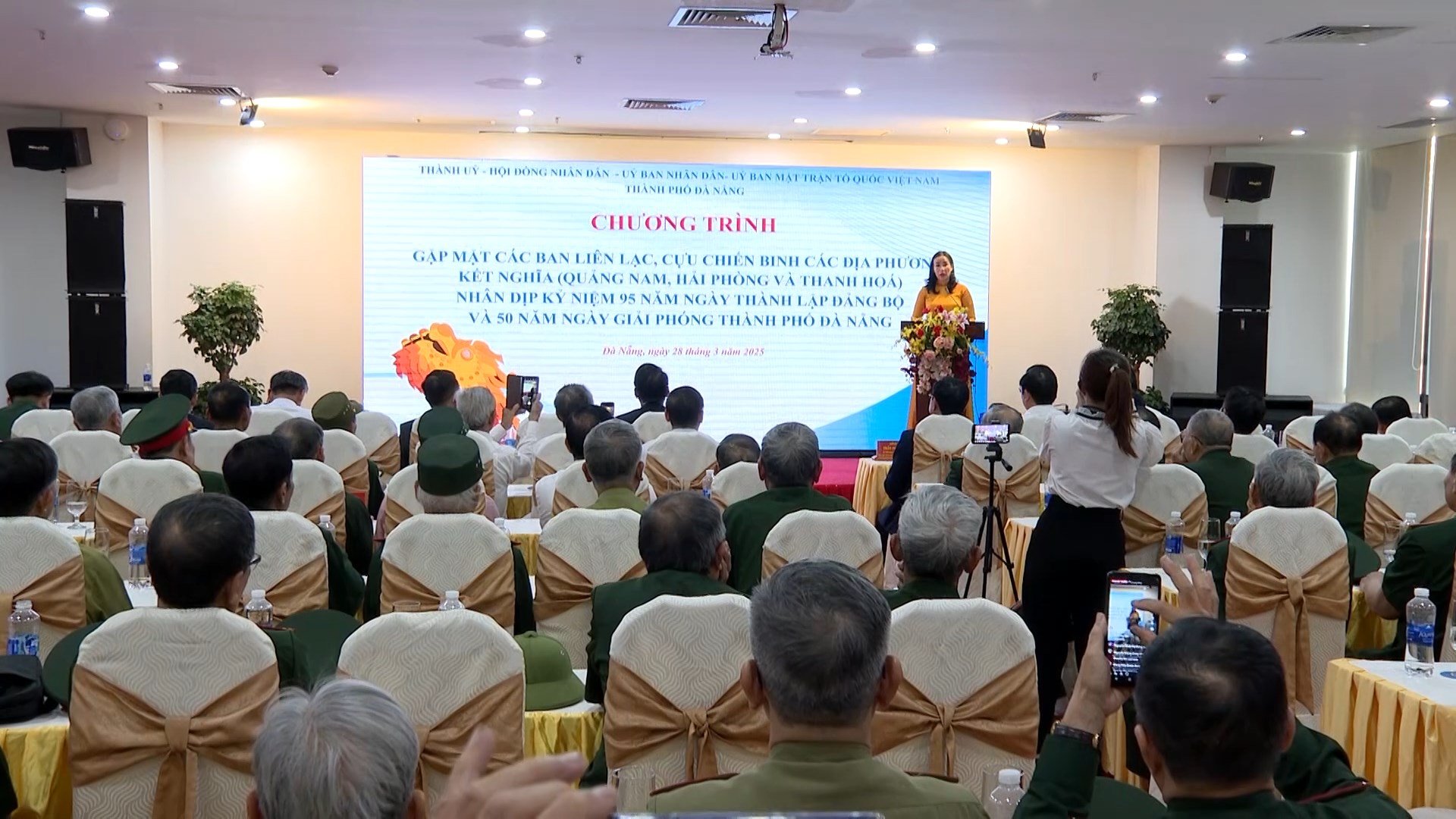





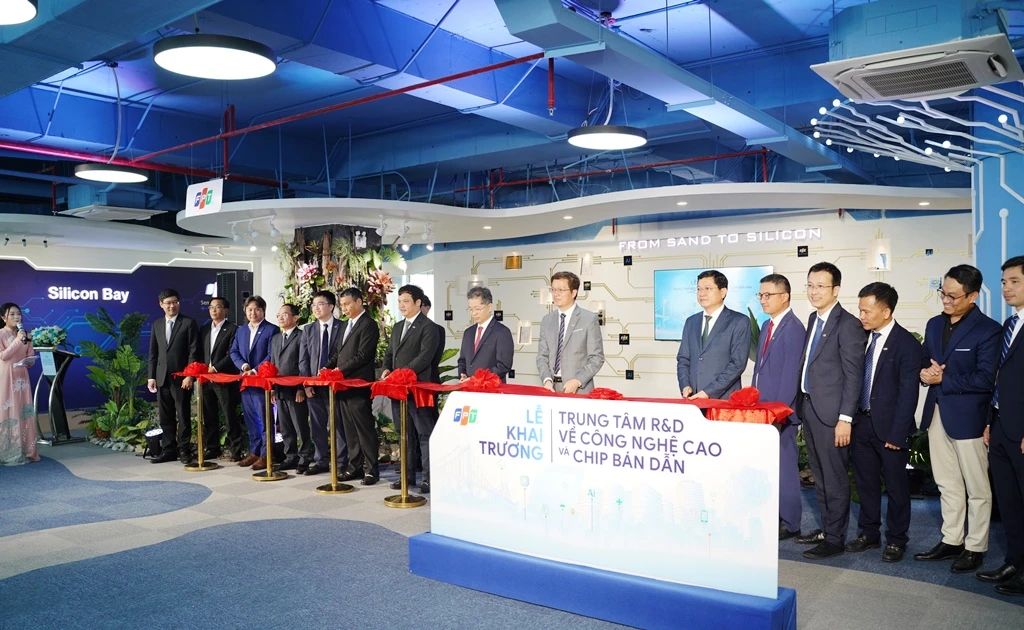



Comment (0)